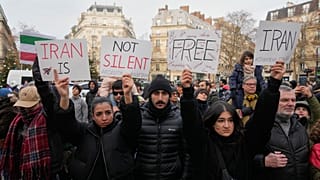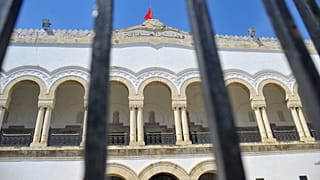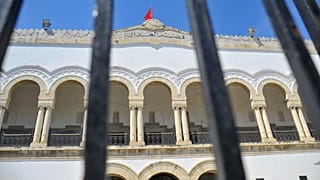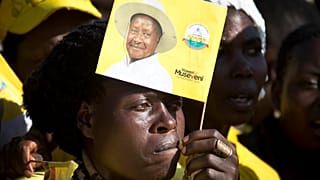Tunisia
Tunisia’s main opposition party on Tuesday called for protests against the “unjust” 2018 budget to continue until the government scraps it, a day after one demonstrator was killed in clashes.
Protests erupted in more than 10 towns across Tunisia on Monday against the price and tax increases imposed by the government to reduce its ballooning deficit and satisfy its international lenders. One protestor was killed in Tebourba, a town 40 km (25 miles) west of the capital Tunis.
While Tunisia is widely seen as the only democratic success story among the “Arab Spring” nations where revolts took place in 2011, it has had nine governments since then and none of them have been able to tackle the country’s growing economic problems.
Late last year, the current government agreed to a four-year loan programme with the International Monetary Fund worth about $2.8 billion in return for economic reforms.
Public anger has been building since Jan. 1, when the government raised the prices of petrol and other items and hiked taxes on cars, phone calls, internet usage and hotel accommodation as part of those economic reforms.
‘‘Today we have a meeting with the opposition parties to coordinate our movements, but we will stay on the street and we will increase the pace of the protests until the unjust financial law is dropped,’‘ Popular Front leader Hamma Hammami told reporters.
He said the government was unfairly targeting the poor and middle classes with its austerity measures.
Prime Minister Youssef Chahed called for calm, saying the economy would improve this year.
Chahed heads a coalition of Islamist and secular parties but has been under constant pressure from powerful labour unions.
‘‘People have to understand that the situation is extraordinary and their country is having difficulties, but we believe that 2018 will be the last difficult year for the Tunisians,’‘ Chahed said.
The 2011 uprising and two major militant attacks in Tunisia in 2015 damaged foreign investment and tourism, which accounts for 8 percent of its economic activity.
The trade deficit expanded by a quarter in the first 11 months of 2017 to a record $5.8 billion, data showed in December, and the dinar currency weakened to more than three per euro for the first time ever on Monday.
Europe is concerned about stability in Tunisia, partly because unemployment there has forced many young Tunisians to go abroad, while the number of boats smuggling migrants to Italy has risen and Tunisia has also produced the largest number of jihadists heading for battlefields in Iraq, Syria and Libya.
REUTERS













01:43
Kampala decked in colours of Ugandan president's party ahead of polls
01:44
Runner-up in CAR's presidential election rejects provisional results, alleging widespread fraud
00:01
Tunisia's head coach offers touching tribute to Moroccan hospitality
01:49
Uganda: Opposition figure Kizza Besigye denied bail
01:05
Ivory Coast vote count begins after divisive legislative elections
02:53
Campaign constraints cloud Central African Republic elections